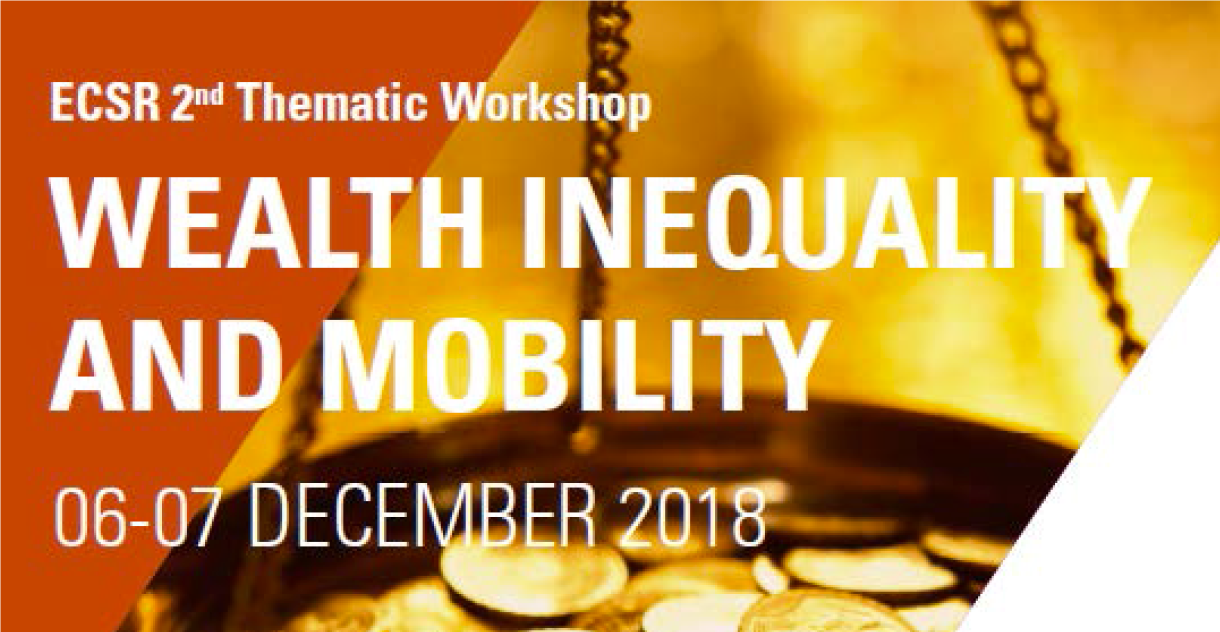Wealth is back”, to paraphrase Piketty and Zucman’s (2014) famous paper. The wealth-to-income ratio W/I has doubled over the last generation in the US, France and in many other countries. As a consequence, wealth-based inequalities have become a major dimension in the social structure – much more than expected in the 1970s at the climax of the wage earner society.Housing constraints, consumption of durable goods, access to education, social mobility, reproduction, family solidarity and transmission, etc. are major dimensions of stratification that could be strongly impacted by wealth accumulation. Their consequences in terms of life course, gender and ethnic differentiation, class structure etc. can no longer be neglected. Welfare regimes themselves might be influenced by those changes, since investment in skills (tuition, fees and board), retirement, health, cost of seniors’ dependence are directly linked to wealth accumulation regimes.The aim of this workshop is to dispose of a multidisciplinary vision of the development of wealth studies in sociology, economics, social policy, etc. and related disciplines.
AGENDA
Thursday 6 December 2018
09:30 – 10:00 Welcome
10:00 – 12:00 : SESSION 1 : Wealth and education
12:00 – 13:00 : Keynote – Nora MUELLER
« Parental wealth and children’s education in Germany »
14:00 -16:00 : SESSION 2: Cross-National differences – Institutional factors
16:30 – 18:30 : SESSION 3 : Family and wealth
Friday 7 December 2018
09:00 – 11:00 : SESSION 4 : Life course trajectories
11:30 – 12:30 : Keynote – Fabian T. Pfeffer
« The Reproduction of Wealth Inequality »
14:00 -16:00
PARALLEL SESSION 5: Intergenerational transfers
PARALLEL SESSION 6: Health, well-being , non-economic outcomes
16:30 – 17:30 LIS data center visit
